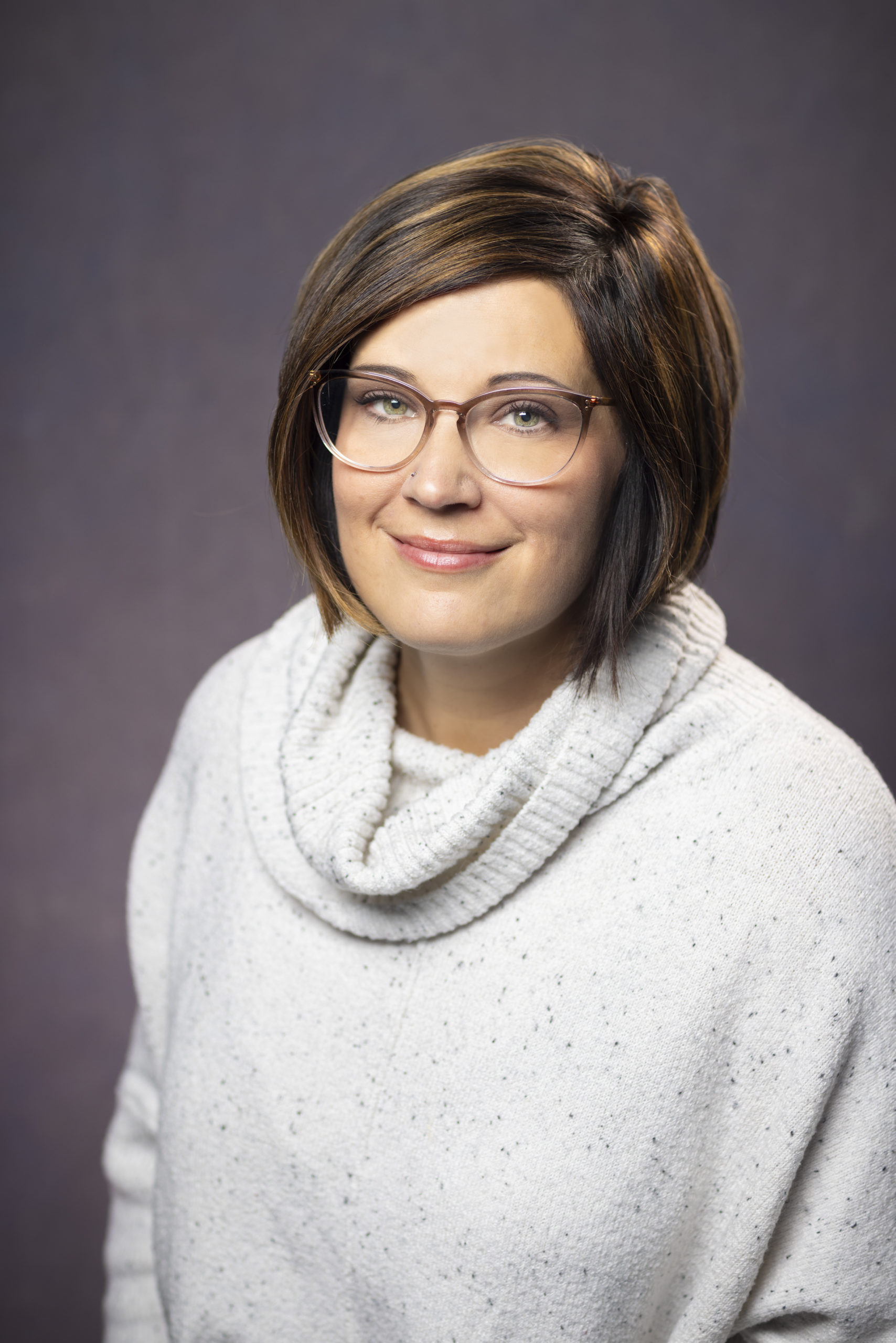I, Alicia Buck-Hall, strive to utilize a Clinical Coordinated Care Approach to improve the lives of individuals, families, communities, and front-line responders by creating, enhancing, and accessing a system of support through a strengths-based, clinically relevant, consumer-driven model. I have fined tuned skills in accomplishing this by facilitating behavioral health services for professionals and non-professionals that encourage a safe, welcoming, engaging, culturally appropriate and responsive environment for treatment In developing a deeper understanding of the issues that impact and relate to individuals’ mental health, more specifically early childhood, and youth mental health, my passion is teaching other professional in utilizing practical skills daily through observation, including being able to spot the signs and symptoms of mental health issues and developing confidence in guiding people towards support as and early intervention practice.
By being diligent in advocacy, I am passionate about working with providers, professionals, community client serving specialist, in addition to clientele to strengthen skills in addressing wellness, behavioral and mental health concerns, thereby understanding the importance of self-awareness and self-care, while at the same time always being cognizant of cultural vulnerability. I am a trained and experienced Clinical Supervisor with the State of Missouri, and Behavioral Health Consultant skilled in providing integrated primary care and capacity building to behavioral health
teams. I am a National Mental Health First Aid Trainer to train and support client serving personnel and the community at large thereby promoting symptomology identification and intervention leading to promoting overall wellness from a culturally relevant lens. I also have obtained post graduate certification in Infant Early Childhood Mental Health through Georgetown University, currently seeking endorsement in the state of Missouri. I currently serve on the board MO-AIEMH – EC since 2020 in the state of Missouri.




